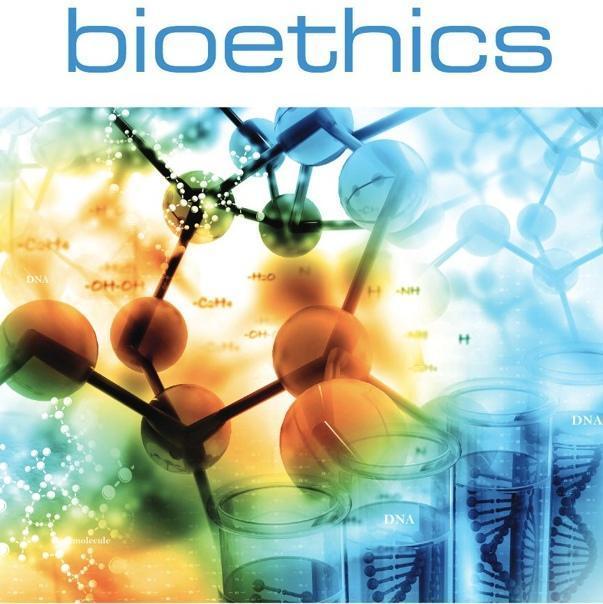What is Bioethics?
What is Bioethics?

Morals is a philosophical control relating to thoughts of good and terrible, good and bad—our ethical life in the local area. Bioethics is the use of morals in the field of medication and medical services. Ethicists and bioethicists pose applicable inquiries more than giving sure and certain answers.
What are the best activity and the great method to be? What is advantageous? What are our commitments to each other? Who is capable, to whom, and for what? What is the fitting reaction to this ethical predicament given the setting in which it emerges? On what good grounds are such cases made?
Bioethicists pose these inquiries with regards to present-day medication and medical care. They draw on pluralistic plenty of customs, both mainstream and strict, to produce common talk on argumentative issues of good contrast and others on which the vast majority concur. Bioethicists encourage public information and understanding both of good way of thinking and logical advances in medical services. They note how clinical innovation can change the manner in which we experience the importance of wellbeing and sickness and, eventually, the way we live and bite the dust.
Bioethics is multidisciplinary. It mixes reasoning, religious philosophy, history, and law with medication, nursing, wellbeing strategy, and the clinical humanities. Bits of knowledge from different controls are presented as a powerful influence for the intricate association of human existence, science, and innovation. In spite of the fact that its inquiries are just about as old as mankind, the birthplaces of bioethics as a field are later and hard to catch in a solitary view.
At the point when the expression **“bioethics’**’ was first authored in 1971 (some say by University of Wisconsin educator Van Rensselaer Potter; others, by colleagues of the Kennedy Institute in Washington, D.C.), it might have connoted simply the blend of science and bioscience with humanistic information. Nonetheless, the field of bioethics presently incorporates a full scope of worries, from troublesome private choices made in clinical settings, to debates encompassing foundational microorganism research, to ramifications of conceptive innovations, to more extensive concerns, for example, worldwide human subject exploration, to public strategy in medical services, and to the distribution of scant assets. This variety of interest is flawlessly summed up under the rubric of the Center for Practical Bioethics’ four spaces: Aging and End of Life, Clinical and Organizational Ethics, Life Sciences, and Disparities of Health and Healthcare.
Be the first to post a message!